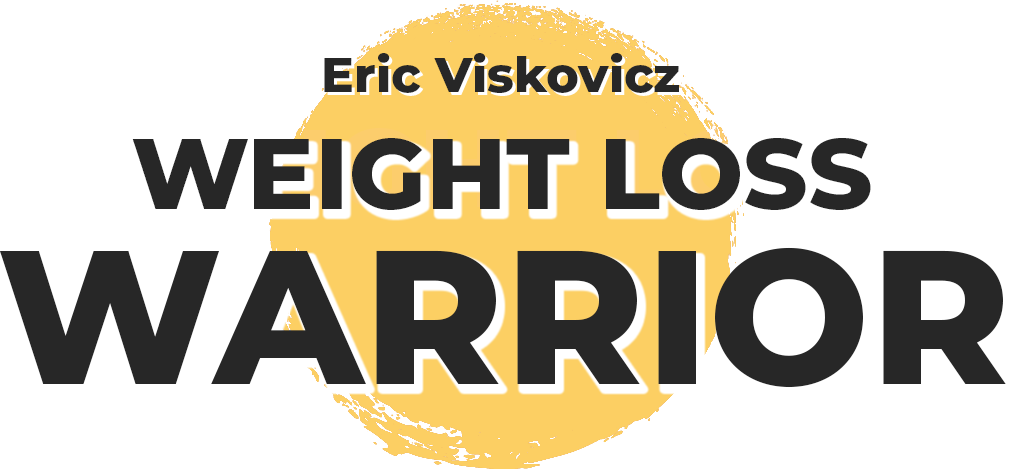You are unauthorized to view this page.

Orientation
Chapter 1
Chapter 2
Chapter 3
Chapter 4
Closing
Orientation
Chapter 1
Chapter 2
Chapter 3
Chapter 4
Closing

ALERT: Make sure you have completed all assesments before completing lesson.
BECOME AN INSIDER




